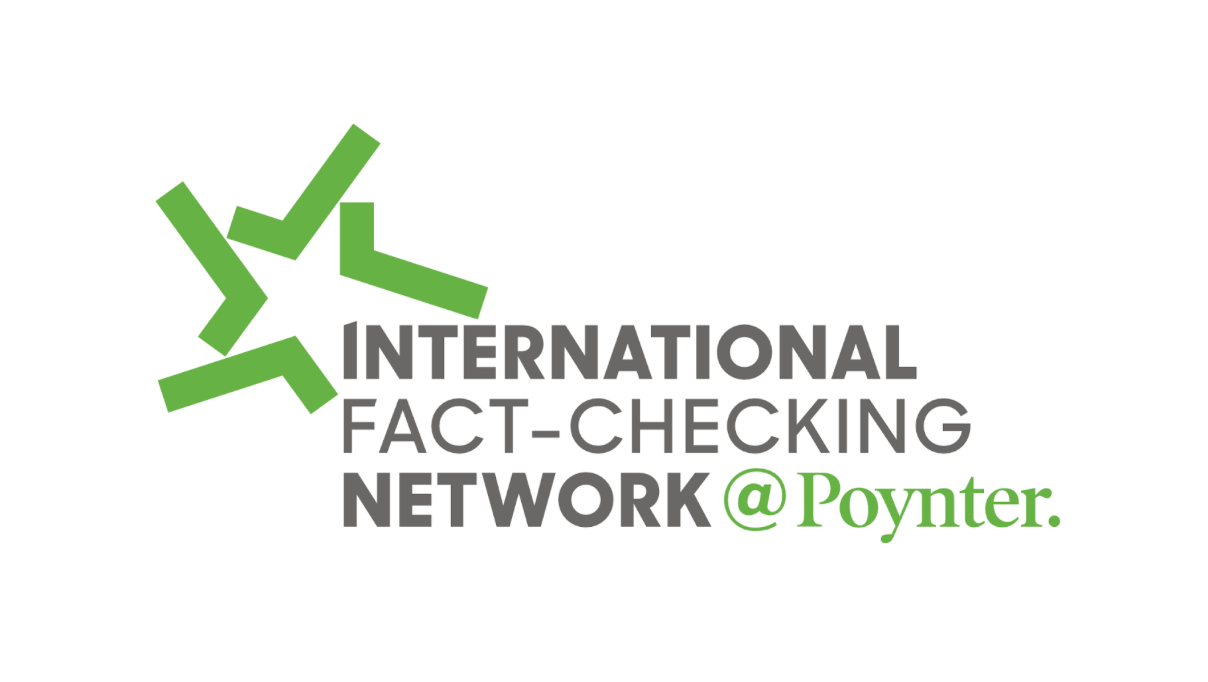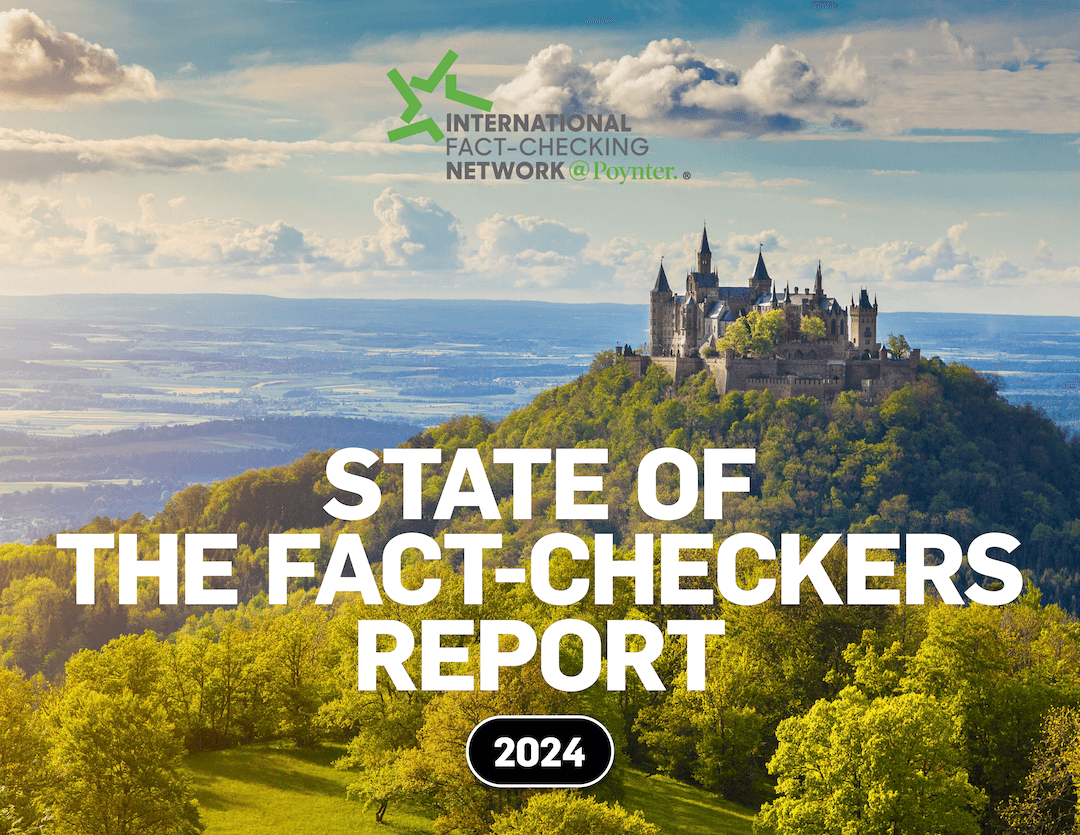This column originally appeared in The Cohort, Poynter’s newsletter that centers conversations about gender in media. Subscribe here to join the community.
Since my early 20s, I’ve been lurking in Facebook groups for working mothers.
I wanted to see how they were doing it — how they talked about the workloads they had waiting at home, how frequently they mentioned spouses or partners, to eavesdrop on the types of conversations they had with each other that might not make it to staff meetings and Slack conversations. In a way, I was trying to divine my future.
Over the past 20 months, the conversations in the groups have evolved from stressed-and-sleep-deprived commiseration to full-on primal screams. The parents are not OK — specifically the moms. Caretakers more broadly are not OK. And there’s no end in sight. But these trends already existed. The pandemic only exacerbated them.
When I interviewed Omar Rashad last month, we talked about how much the industry has changed in the last 50 years. Once upon a time, a scruffy know-it-all could stumble into a newsroom by chance and end up an investigative reporter.
Newsrooms are different now — for one, the barriers to entry are so high that job seekers need to apprentice for years before they seem like viable candidates for entry-level jobs. The work we do looks different, too. The biggest difference is that we have the ability — and the expectation — to publish constantly. There’s less money, so we rely more on freelancers and contractors (so health insurance is precarious), and job stability is a thing of the past.
The increased expectations for productivity paired with the lack of a safety net in the form of health insurance and job security have placed a disproportionate burden on people who shoulder caretaking duties on top of their day jobs. In some ways, it’s harder than ever to pursue an ambitious journalism career while being a caretaker.
So much about the industry has changed, including the types of people who work in it. So why do we still structure our industry like everyone has a wife at home?
Jennifer Chowdhury was working as a freelance reporter in Bangladesh in March 2020 when she found out she was pregnant. She moved back to Queens, New York, with her partner so they could be near her family. A month before her due date, her batch of freelance contracts wrapped up.
“Total panic set in,” she said. “I had no maternity leave. I was self-employed, I wasn’t prepared for this because there was a pandemic, and my partner is just newly immigrated, so I couldn’t rely on him for health care either.”
Chowdhury felt the pressure to keep producing, even immediately postpartum. Within a month of giving birth, she started thinking of pitching pieces again.
“I was so worried about becoming irrelevant,” she said. If you’re only as good as your last byline, what happens if you take six months — or even a year — off?
For the first two years of her daughter’s life, Erin Siegal McIntyre considered leaving journalism. When she got pregnant, she was a freelancer based in Tijuana, Mexico. “The standards I set for myself are high, and I’m deeply self-competitive rather than externally motivated — and like most of us, I don’t like failing or coming up short,” she wrote me in an email.
She assumed that immediately after having her daughter, she wouldn’t quite be in the frame of mind to jump back into the reporting she was doing before.
“How can anyone do excellent, careful work when sleep-deprived and nursing? Frankly, you can’t. That was my understanding before becoming a parent, and it was true to my lived experience.”
Siegal McIntyre had always been serious about her work, but her commitment to journalism wavered after she had her daughter.
“After having a child, your brain is not the same for a while,” she said. She wasn’t the same person she was before having a child, but her career didn’t quite allow for an evolution in priorities. She thought maybe her time as a journalist was up.
So she took a break. She considered other career paths and even applied to law school. She took on sponsored content gigs to pay the bills, which gave her the financial flexibility to only take on reporting she was truly excited about. That’s what ultimately brought her back.
“It just sort of decreases the pressure that you’re putting on yourself to return to pre-baby you,” she said.
Giving herself the freedom to be uncertain for a couple years is exactly what she needed. She also had confidence that she could come back if she wanted.
But in this industry, the prospect of taking two years off seems ludicrous, which is why Chowdhury’s primary concern is her waning relevance. She built her career reporting abroad, but her baby and the pandemic have required her to figure out how to work from home, in the U.S. That means that in addition to pitching freelance pieces, she’s looking for full-time jobs.
“When you’re a journalist like a person of color, you get pigeonholed so easily,” she said. “So I was a reporter in Bangladesh for three years — is that all I can report on? Like, will I be able to get a job anywhere doing any other type of reporting?”
Chowdhury is lucky; she lives near her parents, who take care of her daughter when she and her partner have to work. Becoming a parent has changed the way she thinks about her work, though. “Like, yes, I can write a breaking news story at 3 a.m. I can. Do I want to? That’s the question.”
I’ve always imagined a clock ticking backwards from the date of my first pregnancy indicating the amount of time I have left to make something of myself. Of course, this is ridiculous. But talking to working parents in journalism, it only feels realistic.
Siegal McIntyre encouraged me to consider what I think I need to accomplish before having children in order to feel comfortable potentially taking a break.
“I don’t know if this is healthy advice or good advice, but I feel like if you have flexed enough, if you have won whatever stupid award you want to win, or done whatever big project that’s meaningful to you, it’s OK to pause,” Siegal McIntyre said.
We have to play these kinds of mental games because our work culture isn’t built to accommodate career ambivalence. With a few exceptions, our newsrooms are structured remarkably similarly to the way they were 50 years ago, with an expectation of 40-hour workweeks at minimum with butts in seats (or on Slack) from nine to five and a constant upward trajectory on the career ladder. This model is built with the “ideal worker” in mind — a committed worker who is only made possible by the absence of any family or loved ones in need of care or more commonly, a spouse who can shoulder the burden of homemaking and family care at home.
Jeannie Yandel, producer and co-host of “Battle Tactics For Your Sexist Workplace,” said the deeper problem is the way we think of parental leave as separate from other types of leave.
“There’s this idea that there’s a special kind of leave that occurs when you have a child, which means that everybody else is sort of carrying the load. And it’s not. Because everyone is going to have to care for someone or themselves at some point. But that f***s all of us. It f***s every single person who has a job, because then the dominant narrative is it’s rare, and you have to jump through a bunch of hoops and ask for permission in order to take care of another human being.”
This is where I’ve been misguided in my interest in working parents. It’s not just women who care for others — and it’s not just parents, either.
If a workplace is a reflection of who we believe we are, then I would like to see a workplace structured around the idea that we all have people to care for — children, parents, spouses, loved ones, ourselves. I’d like to see one that acknowledges that it isn’t an exception to the human experience that requires special permissions and problem-solving, it’s a central part of it.
Governmental policies like paid family leave make that easier, but institutions and even individuals can help create this reality by shifting the way they think about work in relation to the rest of our lives. Like Siegal McIntyre said, in the absence of actual solutions, the next best option is to get creative within the confines of this reality — even if that means leaving the industry for a while.
For the next issue, I want to hear from you: Does your workplace handle caregiving in an exceptionally great way? What makes it great?
Alternatively, if you could wave a magic wand and change one thing about your workplace to make caregiving more integrated into the culture (federal paid family leave notwithstanding), what would it be?







